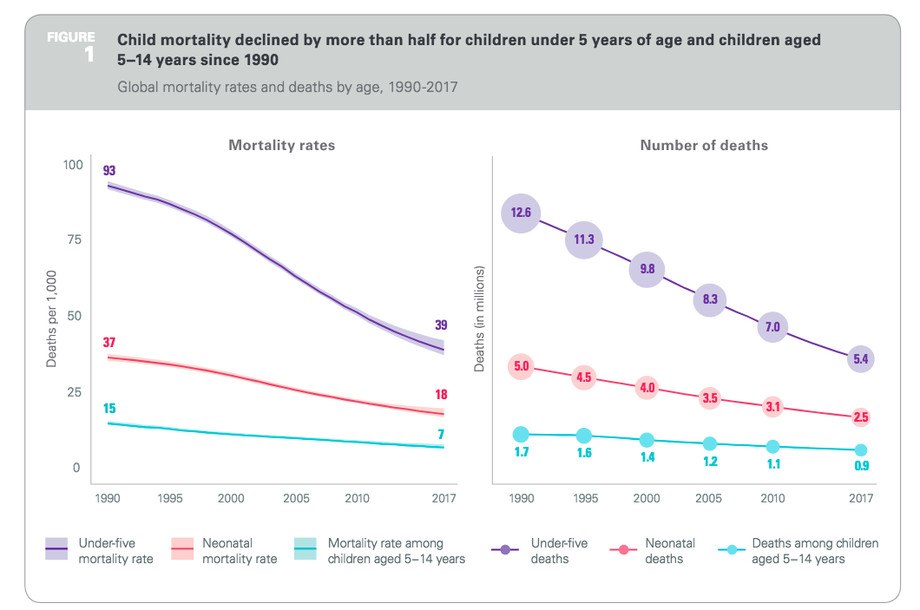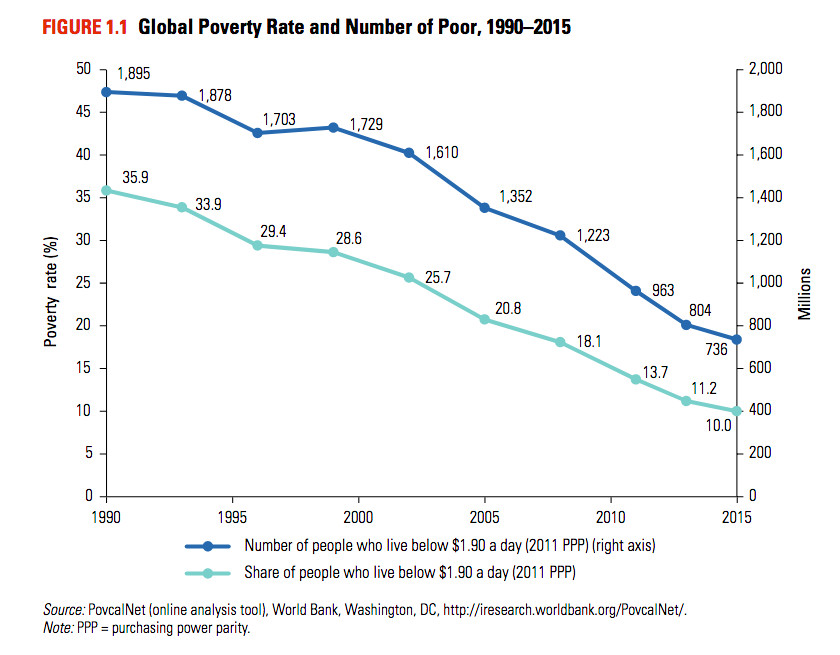The threats from MS-13 had become
incessant. There were handwritten letters, phone calls and text messages that
all said the same thing: The gang was preparing to kill Ronald Acevedo. El
Salvador had the world’s highest murder rate. Acevedo had already been stabbed
once. His family pieced together a plan. They paid a smuggler to take Acevedo
to the United States border.
The plan didn’t work. After eight
months in detention, Acevedo, 20, abruptly withdrew his asylum claim. He was
deported to El Salvador on Nov. 29, 2017. He disappeared on Dec. 5, 2017, and
his body was later found in the trunk of a car, wrapped in white sheets. An
autopsy showed signs of torture.
Acevedo’s case made its way through
American immigration courts just as the White House launched attempts to reduce
the number of people who are eligible for asylum, a protection that for nearly
70 years had served to shield victims of war and persecution. Some of those
denied asylum are sent back to countries where their lives are put in immediate
danger.
In addition to Acevedo, The Post has
identified another asylum seeker, Miguel Panameño, who was killed this year,
months after being deported to El Salvador. He is buried in the same cemetery
as Acevedo.
Immigration lawyers in the United
States believe many more cases exist. Some nongovernmental groups have made
efforts to track the number of deaths, but there are no official mechanisms to
catalogue them. Between 2012 and 2017, the United States denied asylum to 12,300
Salvadorans and deported them.
The number of people applying for
asylum in the United States has increased steadily over the past four years, as
has the number of people denied asylum. Last year, 120,000 migrants made asylum
claims in U.S. immigration courts, a fourfold increase from 2014.
Many of those fleeing gang violence
first attempt to disappear in another part of El Salvador before leaving the
country. But MS-13 had, at least in some cases, tracked them down.
“They have connections everywhere,”
Acevedo said in his credible fear interview, the first step in establishing a
legitimate asylum case in the United States. “If you go to another zone they
will know.”
[Washington Post]


